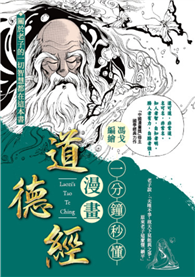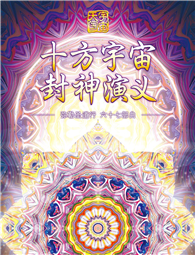Dive into the classic eschatology of Irenaeus of Lyons withThe Fathers on the Futureas you unpack key truths, untangle misunderstandings, and get a deeper understanding of this balanced and biblically-sound end times framework.
Many today with an interest in the end times face a problem--they have forgotten the past. Knowing the history of eschatology is key to understanding its importance, how we interpret our faith, and our outlook on God and humanity. So why do so many overlook it and what can we do to correct this?
The Fathers on the Future uses a thorough exegetical and theological analysis to defend the foundation and structure of the second-century premillennial, futurist eschatology of Irenaeus of Lyons, and other church fathers. It makes a case for a contemporary Irenaean premillennial eschatology, arguing that it is a reliable framework for a biblically defensible, theologically balanced, and historically informed eschatology.
The Fathers on the Future includes these key features:
- Restores historical perspective Recovers the forgotten roots of early Christian eschatology, emphasizing the teachings of Irenaeus of Lyons and other church fathers.
- Biblically grounded framework Offers a well-supported case for a biblically defensible, premillennial eschatology, balancing theology and history.
- Clarifies and corrects Clarifies complex aspects of early eschatology, strengthens key theological points, and corrects missteps.
- Fresh yet ancient approach Presents an eschatological perspective that is new to modern readers but deeply rooted in ancient Christian traditions.
The Fathers on the Future begins with the belief that Irenaeus and other early church fathers represented a widespread and well-developed eschatology inherited from those who were close associates of the apostles. It then explores some of features of that early eschatology, clarifying obscure points, strengthening some elements, and correcting a few missteps. By looking back to Irenaeus and the eschatological emphases of his age, this book provides a new approach to eschatology today―new to contemporary readers but ancient in its original perspective.










